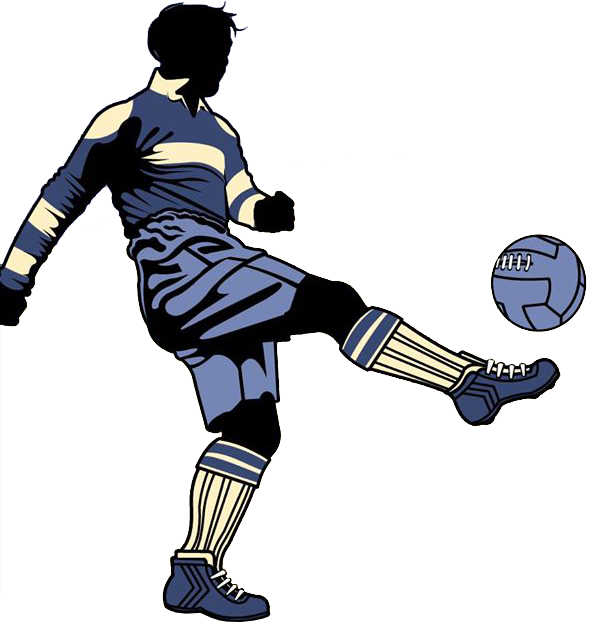Football shirts have become much more than just a piece of clothing worn during a game. They represent a connection to a team, a player, a community, and they can hold great sentimental value for fans. To quote the retro football shirt aficionados Sartorial Soccer, "Memories are made of Polyester"
However, that polyester is a synthetic fabric made from petroleum; a completely non-renewable resource which causes significant environmental impact during extraction and processing.
The production of polyester is energy-intensive - It is estimated that producing polyester uses up to three times more energy than producing natural fibres like cotton - and uses huge amounts of water consumption. And don't get us started on the chemicals being dumped into the freshwater surrounding the textile factories, usually in less economically developed countries where the local community are severely affected by the water scarcity and the poor working conditions.
And to top it all, football shirts are not biodegradable. When they've out-lived their purpose or are replaced by the season's new release, they can end up in landfills or polluting our oceans. contributing to the growing problem of textile waste.
So what is the industry doing to make football shirt production more sustainable?
Adidas have pledged that, by 2025, 9 out 10 of their items will be sustainable and in 2018 they teamed up with Parley to help spread awareness whilst creating clothing from plastic ocean pollution into high-performance sportswear.
Nike have also been working towards sustainability. The company has launched a range of sustainable football shirts, including the Nike Dri-FIT Park 20 shirt, which is made from 100% recycled polyester.
PUMA are also moving in the sustainable direction and have set a target to use 90% more sustainable materials by 2025. Their AC Milan Third Shirt is made from 100% recycled polyester.
These big names should take a leaf out of the Play Layer book on eco-friendliness. They have been making great strides in their use of sustainable materials; from producing sports leggings from fabric spun from old water bottles. to making sports kit from organic cotton, recycled plastic and bamboo charcoal.
Forest Green Rovers - recognised by the United Nations as the most environmentally friendly sports club in the world - have a kit that uses sustainably grown bamboo fibre. Run by eco-guru, Dale Vince, the club currently only use 50% bamboo but they are working with their kit provider, Player Layer, towards a 100% sustainable kit.
The Hope and Glory brand are also using bottles in their kits. For the last couple of years they have offered all clubs the option of bespoke, eco-kit using an rPET (Recycled Polyethylene Terephthalate) fabric made from recycled plastic bottles.
rPET requires 90% less water to produce than virgin polyester and uses 70% less energy in a mechanical rather than a chemical process.
And then of course there's buying second hand. Obviously one of the best ways to be sustainable is to reuse what has already been made. Classic Football Shirts are able to offer their consumers a massive range of vintage football shirts thereby dramatically reducing the need for new production.
Others have been doing this on an individual level for years. Bradford fan @shirtsoriginal has been documenting his charity shop, football shirt finds on Twitter since 2018, to the delight of his 12,000 strong followers.
So what can we do? The production of football shirts, just like any other textiles, can have a hugely negative impact on the environment and the people involved in their production. We all need to look towards sustainability in the future and choosing a sustainable football shirt brand or buying a second hand shirt could be your way of making a positive impact on the planet.
Find out more about The Psychology of Football Nostalgia and why we love a retro shirt.
Follow us on Twitter @OSFshop
Follow us on Instagram @oldschoolfootballshop


1 comment
100%QUALITY ITEM GREAT SERVICE THANK YOU